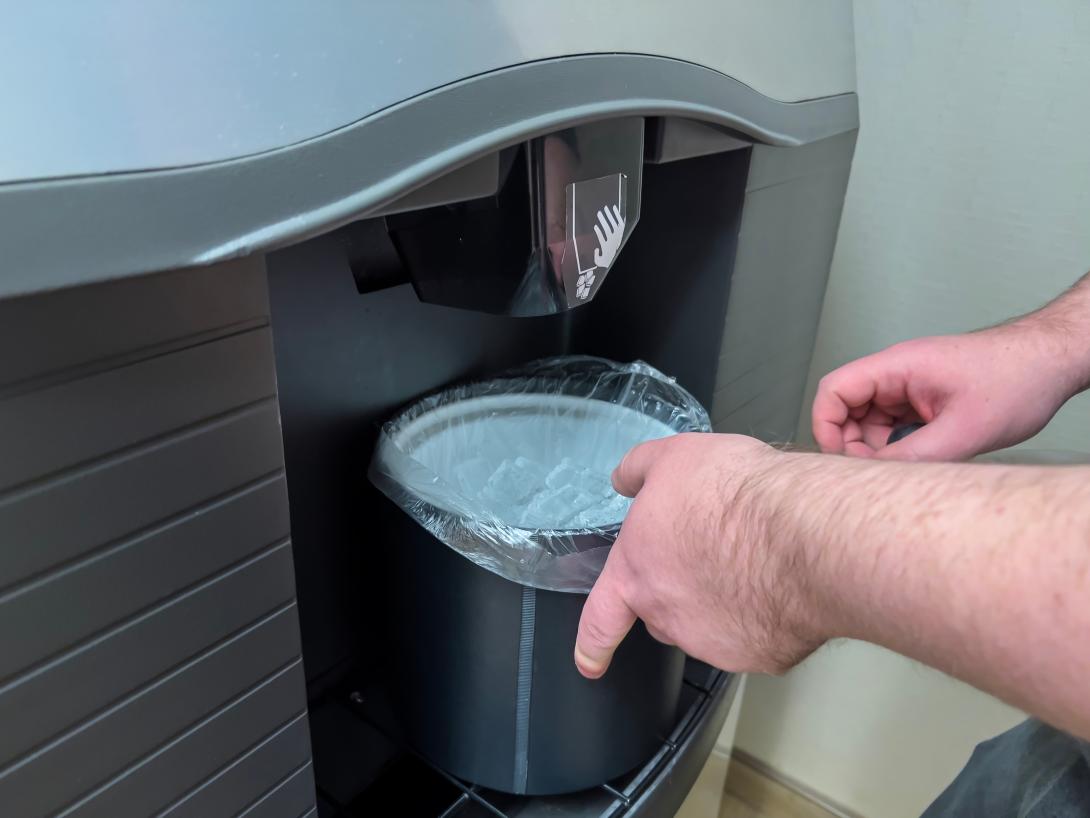Commercial ice makers are essential appliances in restaurants, bars, hotels, and many other businesses. They churn out ice to keep beverages cold and customers satisfied. However, these machines require proper care and maintenance to ensure they perform efficiently and have a long lifespan. In this blog, we'll explore some of the best practices for extending the life of your commercial ice maker, helping you save money on repairs and replacements in the long run.
Regular Cleaning
One of the most critical aspects of ice maker maintenance is regular cleaning. Ice makers can accumulate mineral deposits, mold, and bacteria over time, which can affect the quality of ice and the machine's performance. Here's how to clean your ice maker:
a. Daily Cleaning: Wipe down the exterior surfaces and clean the ice bin with a food-safe sanitizer.
b. Weekly Cleaning: Remove and wash removable parts, such as the ice scoop and ice bin, with warm, soapy water. Rinse thoroughly and allow them to air dry.
c. Monthly Cleaning: Perform a deeper clean by following the manufacturer's instructions for cleaning the interior components. This may involve using a commercial ice maker cleaner to remove mineral buildup.
Proper Water Filtration
The quality of water used in your ice maker plays a significant role in its longevity. Hard water with high mineral content can lead to scale buildup and other issues. Installing a water filtration system can help reduce mineral deposits and improve ice quality. Regularly replace or clean the water filter as recommended by the manufacturer.
Maintain Proper Temperatures
Maintaining the right temperature is crucial for the efficient operation of your commercial ice maker. Ensure that the room where the ice maker is located is at the appropriate temperature range specified in the user manual. Keeping the machine too cold or too hot can affect its performance.
Regular Inspections
Regularly inspect your ice maker for any signs of wear and tear, leaks, or unusual noises. Catching issues early can prevent them from escalating into costly repairs. Pay special attention to seals, hoses, and the ice-making components.
Professional Maintenance
While regular cleaning and inspections are essential, it's also wise to schedule professional maintenance at least once a year. A technician can perform a comprehensive check-up, clean hard-to-reach components, and address any potential problems before they become major issues.
Educate Staff
Properly train your staff on how to use and maintain the ice maker. Teach them not to overload the machine, which can strain its components, and to report any issues promptly. Encourage a culture of care and responsibility around the appliance.
Use Quality Water and Ice
Using quality water to make ice is essential for both machine longevity and customer satisfaction. Poor-quality water can result in cloudy or off-flavored ice. If you're unsure about your water quality, consider having it tested, and use a water treatment system if necessary.
Conclusion
Your commercial ice maker is a valuable asset to your business, and by following these best practices for maintenance, you can extend its life, reduce downtime, and ensure your customers always have access to clean, refreshing ice. Remember that regular cleaning, proper water filtration, temperature control, and professional maintenance are key components of a well-maintained ice maker that will serve your business for years to come.
